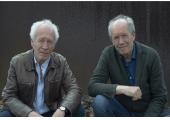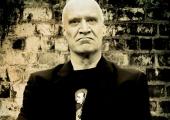Directors the Dardenne brothers: 'To be living means to be fragile'

The Belgian masters discuss 'Tori and Lokita', and finding humanity on film
Belgian brothers Luc and Jean-Pierre Dardenne have made their home region of Liège the site of excruciating moral crises and crushing injustice. Their 12 masterful, double Palme d'Or-winning films act as parables for the embattled human soul.









